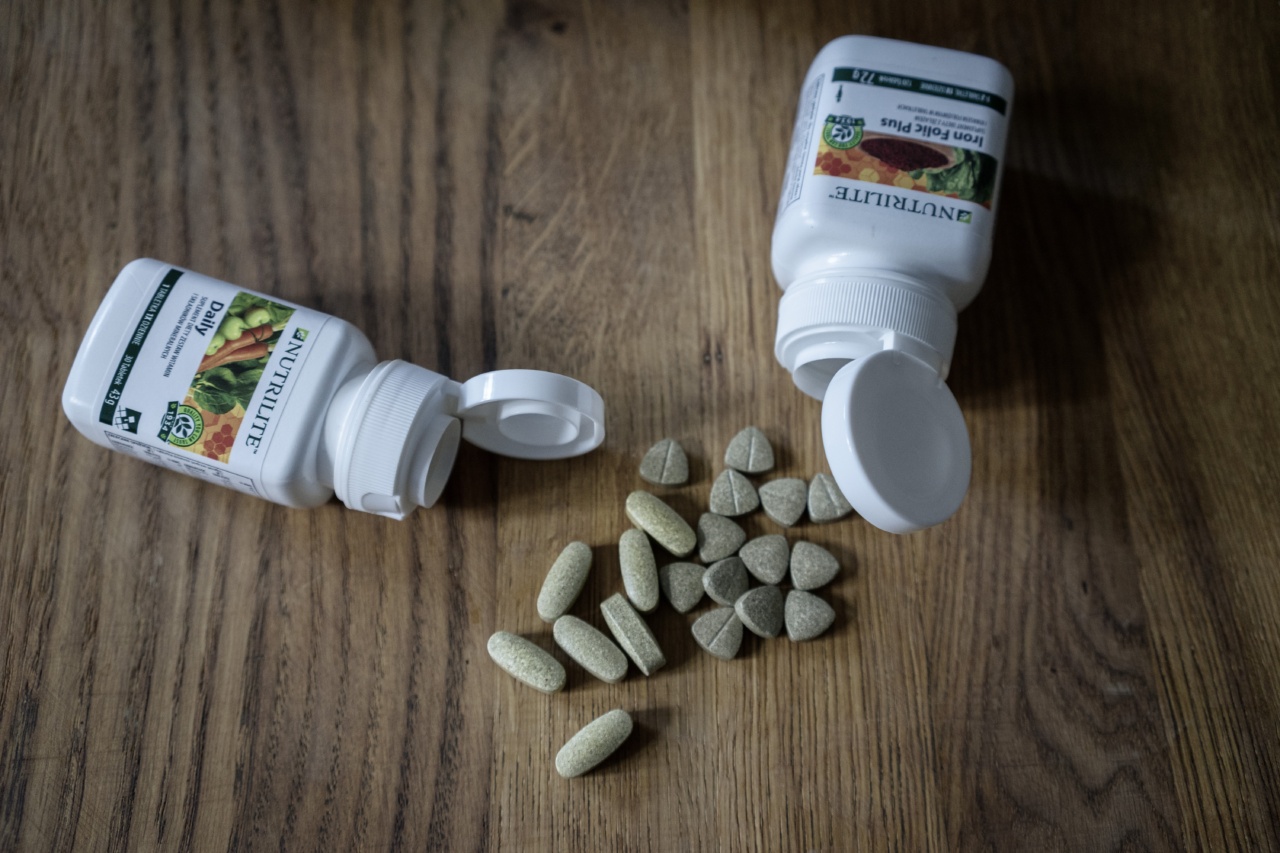Having worms in the gut can be a troubling and uncomfortable experience. These parasites can affect people of all ages and can lead to various health issues if left untreated.
In this article, we will explore the different types of worms that can infest the gut, understand how they are transmitted, and discuss preventive measures as well as effective remedies.
Types of Worms in the Gut
There are several types of worms that can infest the human gut, including:.
1. Roundworms (Ascariasis): Roundworms are the most common type of intestinal worm found in humans. They can grow up to several inches in length and live in the small intestine.
2. Tapeworms (Taeniasis): Tapeworms are flat, segmented parasites that attach themselves to the walls of the small intestine. They can grow as long as several meters.
3. Hookworms (Ancylostomiasis): Hookworms are small, thin worms that reside in the small intestine. They hook onto the intestinal wall and feed on blood, leading to anemia.
4. Pinworms (Enterobiasis): Pinworms are tiny worms that affect mainly children. They lay their eggs around the anus, causing intense itching.
5. Threadworms (Strongyloidiasis): Threadworms are very small worms that can live in the small intestine or other organs. They can cause a range of symptoms, including diarrhea, abdominal pain, and weight loss.
Transmission of Worms
Worms can be transmitted in several ways, including:.
1. Ingesting Contaminated Food and Water: Consuming food or water that has been contaminated with worm eggs or larvae is a common way to contract worms. Poor hygiene practices during food preparation can contribute to contamination.
2. Poor Personal Hygiene: Failing to wash hands properly and regularly, especially before eating or after using the toilet, can increase the risk of worm infestation. Eggs or larvae present on unwashed hands can easily be ingested.
3. Contact with Infected Animals or Soil: Direct contact with infected animals or soil that contains worm eggs can lead to infestation. Children who play in contaminated soil are particularly susceptible to worms.
Prevention of Worms in the Gut
To prevent worms in the gut, it is essential to follow these preventive measures:.
1. Maintain Proper Hygiene Habits: Regular and thorough handwashing, particularly before eating and after using the toilet, is crucial in preventing worm infestations.
2. Cook Food Thoroughly: Ensure that all food, especially meat, poultry, and fish, is cooked thoroughly to kill any potential worm larvae or eggs.
3. Practice Safe Food Handling: Adhere to proper food handling practices, such as washing fruits and vegetables before consumption and avoiding cross-contamination between raw and cooked foods.
4. Treat Infected Pets: If you have pets, make sure to regularly deworm them under the guidance of a veterinarian. This helps prevent the spread of worms from animals to humans.
5. Avoid Walking Barefoot: Walking barefoot on soil or in areas where animals may defecate increases the risk of worm infestation. Wearing shoes or sandals can provide a protective barrier.
Remedies for Worms in the Gut
If you suspect you have worms in your gut, it is essential to consult a healthcare professional for an accurate diagnosis and appropriate treatment. Common remedies for worms in the gut include:.
1. Anthelmintic Medications: Prescription antiparasitic medications are often used to treat worm infestations. These medications kill the worms or help the body expel them.
2. Hygiene Practices: Maintaining good personal hygiene plays a vital role in preventing and treating worm infestations. Regular handwashing and keeping the anal area clean can help prevent the spread of worms and alleviate symptoms.
3. Natural Remedies: Some natural remedies, such as pumpkin seeds, garlic, and papaya seeds, are believed to have antiparasitic properties. However, it is important to consult a healthcare professional before trying any natural remedies.
4. Increased Fluid Intake: Drinking plenty of water and fluids can help flush out the worms from the body and prevent dehydration, especially during and after taking anthelmintic medications.
Conclusion
Worms in the gut can cause significant discomfort and health issues if not addressed promptly. Understanding the types of worms, their transmission methods, and following preventive measures are crucial in avoiding infestations.
If you suspect a worm infestation, seeking medical advice and following the prescribed remedies is essential for effective treatment and eradication of the parasites.































